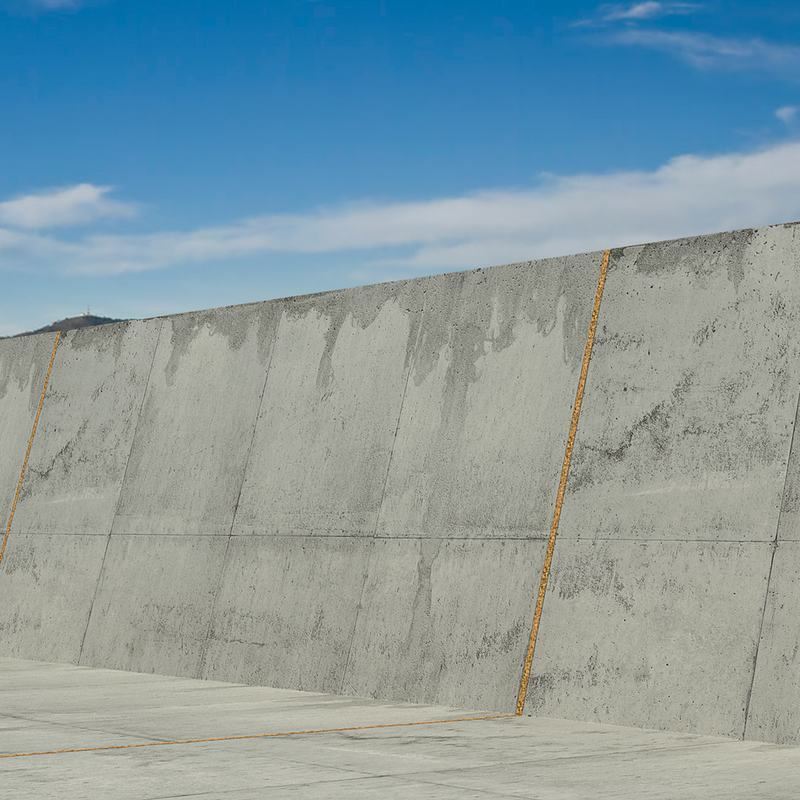Taiwan Taoyuan International Airport, Taipé, Taiwan
-
Materials used
Material category
Expansion joints
Material reference
Expandacork Type II -
Project details
Location
Taipei City, Taiwan
Project date
2015 – ongoing -
Companies involved
Architectural project: Rogers Stirk Harbour + Partners -
Useful links
Taoyuan International Airport
General presentation
Taiwan Taoyuan International Airport, in Taipei City, is currently being expanded, through construction of a new passenger terminal, which is expected to open to the public in 2025.
The airport expansion project aims to increase the airport's capacity in order to respond to the rapid growth in passenger volumes and economic activity in the Asia-Pacific region.
Inspired by nature
With a total area of 640,000 m2, the new Terminal 3 will incorporate an air terminal, two large access corridors to the boarding gates and a multifunctional building, that will permit connections to Terminal 2.
The architectural project, by the studio Rogers Stirk Harbor + Partners, is inspired by Taiwan's landscapes, the sea that surrounds the island, and the rhythms of nature.
Taiwan Taoyuan International Airport is Taiwan’s biggest aiport. The new terminal will be able to handle up to 50 million passengers a year, thereby increasing the airport's total capacity to 90 million passengers a year.
-
Applied solution
Amorim Expandacork Type II was chosen for application in the expansion joints of the buildings and other infrastructures of Taiwan Taoyuan airport’s new Terminal 3. The product is a cork-based solution for expansion joints that ensures excellent performance and low maintenance.
Designed to fill the spaces between concrete slabs, this product absorbs vibrations, as well as the expansion and contraction caused by temperature variations in the building materials. It therefore permits the natural movement of structures without the appearance of cracks or fissures.
Amorim Expandacork Type II complies with the ASTM 1752 and ASTM D 545 standards. In comparison with other options available in the market - such as bituminous or asphalt-based fillers - cork delivers stronger recovery and better long-term performance.From an environmental perspective, cork-based expansion joints also offer advantages.The production process is 100% natural and does not use additives. The final product is carbon negative, has low embodied energy, is fully recyclable and works as a carbon sink.

Main advantages
-
Resistant to heavy traffic
-
High durability, no need for maintenance
-

Easy to install (with optional use of bitumen)
-
No extrusion beyond the joint
-
Follows the natural movements of the concrete elements